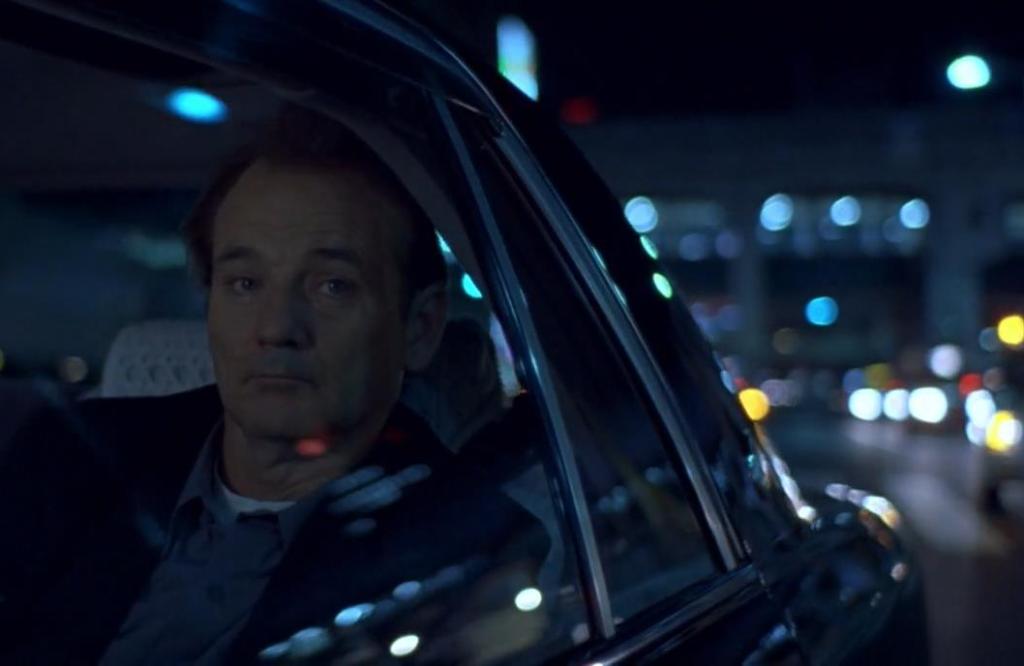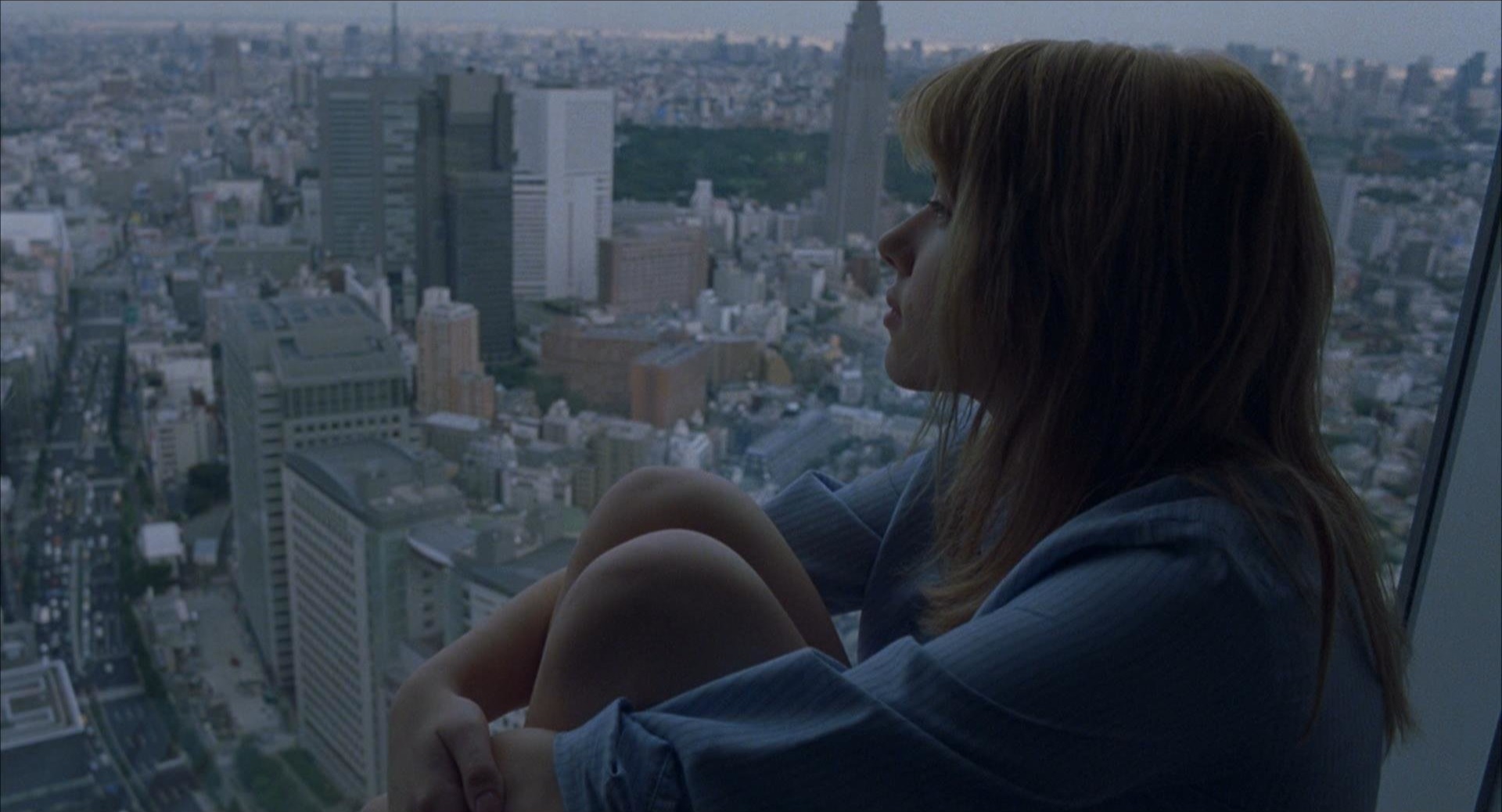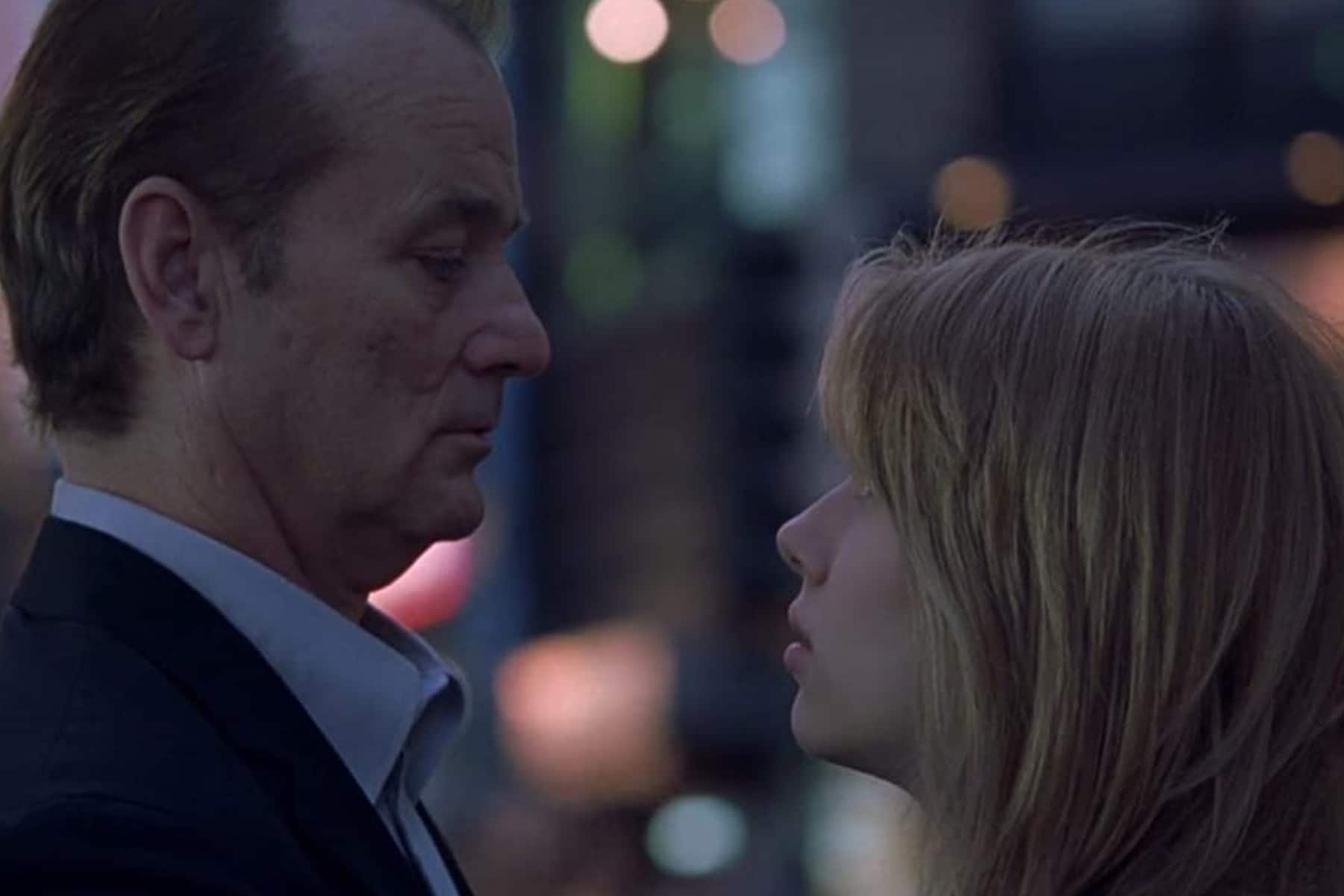Lost in Translation (2003)—A Movie for Lost Souls

Have you ever watched a movie and felt as if time ceased to exist? That it passed by in a blink of an eye? This was the feeling that I had when I first watched this movie. Lost in Translation (2003) is a romantic drama directed by Sofia Coppola, daughter of the legendary Francis Ford Coppola, who is most famous for his directorial credits on The Godfather Trilogy.
The film centers on the lives of two Americans staying in a hotel in Tokyo: Bob Harris and Charlotte. Bob is a washed up Hollywood actor who is in a loveless 25 year marriage with his wife and is experiencing midlife crisis. Charlotte, on the other hand, is a young recent graduate from Yale University who travelled to Japan with her husband, a photographer, and doesn’t know what to make of her life. Despite being at different stages of their lives, the two both struggle to sleep from jet lag and culture shock, often spending their free time drinking alone at the hotel bar. The two run into each other many times before slowly bonding over their shared struggles in a foreign country. After a long night of experiencing night life in the bustling bars and streets of Tokyo, the two begin to hang out more often. One night, when they both couldn’t sleep, they share an intimate conversation. Charlotte opens up about not knowing what path to take in life, with Bob reassuring her that she would be alright. She then asks him whether marriage gets easier with time, to which he doesn’t know.

Lost in Translation (2003) is a movie about making unexpected connections out of small events. We can see from both Bob and Charlotte suffering from jet lag, which leads them to find solace in the hotel bar where they attempt to drown their feelings of uneasiness away, which ironically, makes them feel worse. For Bob, he is constantly reminded of his status as a failing Hollywood star, and Charlotte feels more uncertainty about her future. The title “lost in translation” goes hand-in-hand with the feeling of culture shock, seeing how Bob had difficulty receiving direction from a Japanese commercial director.

One thing I really liked in the film, besides the iconic ending, was the very realistic portrayal of the main characters living in a country that is very different from their home. We can see this when they both struggle with communication with the locals and even having difficulty using the technology. I, too, have experienced all of these feelings the first time I travelled to Japan. The film does a really good job of conveying a story about two people finding company in one another in a foreign country in a very sincere way. This could have easily been very offensive and annoying, but Lost in Translation (2003) knows when to be funny and when to be austere. In conclusion, the film is one of my favorite movies that made me feel exactly how a movie should make you feel: suspended in an alternate reality where everything is perfect, only to come back to Earth when the credits roll.









